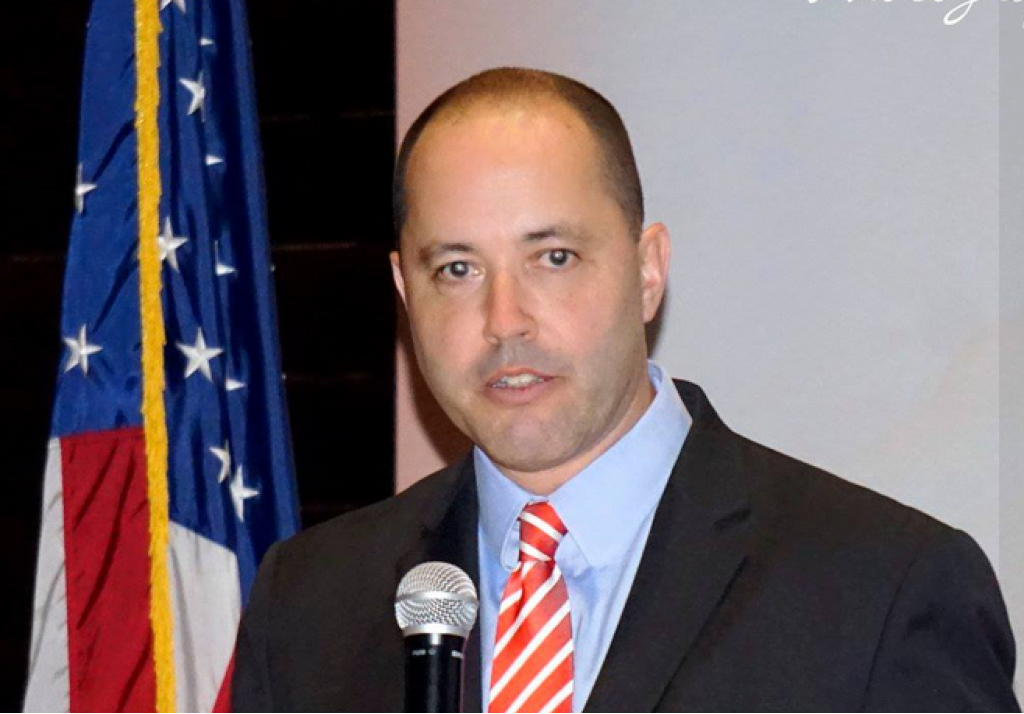Georgia AG Wants FCC to Allow Cell Phone Jamming in Prisons
After seizing over 8,000 contraband phones, Georgia's AG wants the FCC to allow governments to block prison wireless communications.
Jericho Casper

WASHINGTON, August 6, 2024 – Georgia Attorney General Christopher Carr is urging the Federal Communications Commission to reconsider its policy prohibiting state and local governments from using cell phone jamming devices to block wireless communications in prisons and jails.
In his appeal, Carr argued the FCC’s policy of prohibiting jamming devices no longer served the public interest, as contraband cell phones were increasingly being used to facilitate violent crimes both within and outside the prison walls.
Carr highlighted alarming statistics: In Georgia alone, 8,074 contraband cell phones were confiscated in 2023, with an additional 5,482 seized so far in 2024.
FCC Chairwoman Jessica Rosenworcel responded Tuesday, saying the FCC was bound by legal constraints imposed by Section 333 of the Communications Act, which prohibits any person from willfully or maliciously interfering with radio communications of any licensed or authorized station. Thus, making it illegal for non-federal entities to use cell phone jammers.
"Without a change in the underlying law, the FCC is not at liberty to authorize the use of jamming devices in prisons and jails. Moreover, we recognize that jammers can pose serious risks to public safety by compromising authorized communications by, for example, interfering with emergency calls to 911," Rosenworcel said.
Carr insisted in his letter that the ban should not apply to "government agencies, departments, or instrumentalities ..." because they were not persons within the meaning of the law cited by Rosenworcel.
The most recently enacted statute that the FCC’s position relied upon was enacted in the early 1990s, years before prison inmates began using contraband cell phones.
Rosenworcel said the FCC has focused on alternative measures to combat contraband cell phone use. Over the past decade, she said the FCC has streamlined processes for deploying contraband wireless device interdiction systems, facilitated coordination among stakeholders, and enabled corrections officials to request wireless provider action to disable contraband devices.









Member discussion